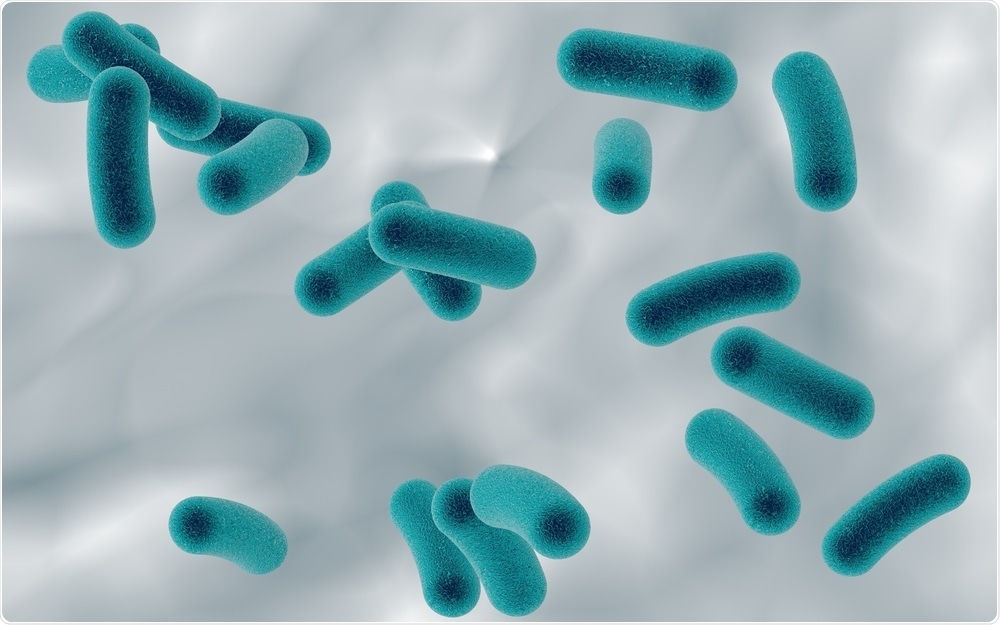
Researchers find evidence of epigenetics in single-celled archaea
Researchers at the University of Nebraska-Lincoln have found evidence that the epigenetics-based evolution that occurs in complex multicellular species (eukaryotes) is also at play in a species of archaea, which are microscopic, single-celled organisms.
 Kateryna Kon | Shutterstock
Kateryna Kon | ShutterstockThe discovery could improve scientists’ ability to explore and answer questions about epigenetic processes in humans.
Through epigenetics, Sophie Payne, Paul Blum and colleagues demonstrated that archaea species can evolve extreme resistance to acids.
Epigenetics is the evolutionary process where traits arise through the inheritance of cellular proteins that mediate access to DNA, rather than through the inheritance of genetic changes in DNA (mutations).
The researchers found evidence that the phenomenon occurred in a sulfur-eating species called Sulfolobus solfataricus that thrives in boiling, acidic springs found in Yellowstone National Park.
For the study, the researchers exposed the organisms to increasing levels of acidity over a number of years. This resulted in the evolution of three strains that showed a 178-times greater resistance to the acid than their ancestors.
One of the strains had evolved the resistance without any genetic changes arising in the DNA, while in the other two strains, mutations had arisen in genes that are not involved in acid resistance.
Next, the team disrupted the proteins that are thought to control the expression of genes that are relevant to acid resistance but left the DNA untouched.
As reported in the journal Proceedings of the National Academy of Sciences, this resulted in a sudden disappearance of the resistance in successive generations.
"We predicted that they'd be mutated, and we'd follow the mutations, and that would teach us what caused the extreme acid resistance. But that's not what we found," says Blum.
Epigenetics is essential to key physiological processes such as cell differentiation and the development of cancer, but the complexity of eukaryotes makes it difficult to study in humans.
The simplicity of archaea, together with their similarities with eukaryotes, should enable scientists to explore epigenetics and answer questions much more quickly and cheaply than has previously been possible:



































No hay comentarios:
Publicar un comentario